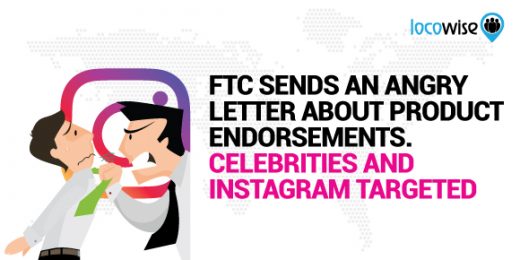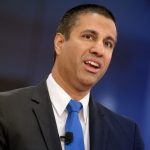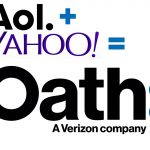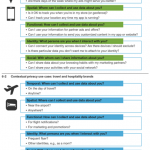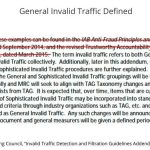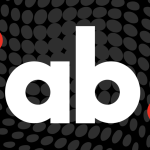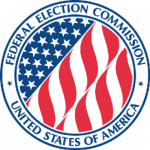FTC Sends An Angry Letter About Product Endorsements. Celebrities and Instagram Targeted
— May 3, 2017
You know what? Celebs have it so easy. They make a ton of money and then they make more money on top of that by selling products on their social media feeds.
Okay, it may not be that simple, but something major just happened that may calm things down a little. People are genuinely worried about the amount of endorsement (paid or otherwise) that celebrities are enjoying on one particular platform. It also happens to be a hot platform for most people, a bit of a fave actually. It’s Instagram.
The Federal Trade Commission (FTC) regulates a lot of industries but rarely gets into a situation where it has to knock on the door of social media. Just recently it received a complaint about the way Instagram was being used by celebrities to hawk products.
The complaint, filed by an advocacy group called Public Citizen, named a few celebrities too, with David Beckham being one of the famous people who were shamed by the group. The problem is not a new one, but the FTC has done something reasonably new about it.
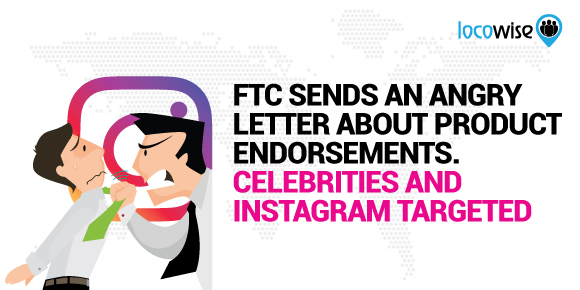
These celebrities are essentially accused of using their status to gain engagement with fans, and then at the same time promoting products and/or services through their feeds. The ‘new’ part was the letter that the FTC sent to the brands involved in the whole thing. It was a letter that gave a slap on the wrist, and advised the brands that using celebrities to endorse their products in the wrong way was not a good thing.
The real issue here isn’t even the fact that celebs are doing this. It’s the way they did it. There is a trend at the moment that involves ‘endorsers’ effectively hiding the fact that they are endorsing a product. They do this in a number of ways, and the FTC is now wise to all of them.
How celebrity endorsements don’t work
The various methods that have subsequently been highlighted by the FTC letter include the following ‘tricks’:
Using a ton of hashtags
This is where endorsers simply flood their Instagram post with a large number of hashtags and then ‘bury’ the endorsement behind all of that. The endorsement will be hashtagged so the brand knows it has been done and, ostensibly, the celeb has followed the rules by declaring their interest in the product.
But it ends up looking something like this:
#food #love #money #excite #Beckham #football #ad
This is a made up set of hashtags but it shows how a celeb like Beckham can hashtag the Hell out of a post and then subtly ‘declare’ the endorsement with the very last tag.
Another trick is perhaps even more cynical. The disclosure of an interest in the product being talked about or praised is hidden away at the end of a very long caption. This means that readers have to click to ‘see more’.
Many readers won’t do this. It takes a lot for people to actually click on anything in social media these days. And the offer to read more when the main message has basically been conveyed is not an attractive one.
But that isn’t the worst these celebs have (not) got away with.
How about ‘declaring’ an endorsement but doing it with a very subtle but still there two letter hashtag? Believe it or not, the complaint brought the concept of using #sp as a hashtag in an endorsement post. The ‘sp’ stands for sponsorship.
After looking at these various tricks, it is easy to see why so many people are annoyed. It’s been worse in the past. But Instagram seems to be a particular hotspot for this kind of problem.
The way forward
There has to be a way forward. It has always been the case that celebrities and famous people in general command the biggest audiences on social media. But this was kind of a cool thing until those same celebrities started to endorse products. Guidelines were made. The FTC has clarified its position on numerous occasions in the past.
The FTC has looked at endorsements and stated that in the case of special wording that should be used if endorsing a product:
The point is to give readers the essential information. A simple disclosure like “Company X gave me this product to try . . . .” will usually be effective.
Note how this particular piece of advice is different from what people are doing in the world of celebrity. They aren’t doing the ‘simple disclosure’ part in some cases, which is why it is a very angry FTC that we have at the moment.
As things stand, no one is being charged with anything serious right now, but the letter has made the position of the FTC pretty clear. It doesn’t want celebrities to abuse their position for the benefits of brands.

As regards brands themselves, the message is stark. If you use Instagram and push for influencers to endorse your products (something which is within the reaches of any brand with a decent budget) then care and attention has to be paid to the process.
Getting it wrong could lead to some serious action from the FTC. Okay, no one was fined, but it certainly seems like the regulatory body (and action groups) has had enough of quick and dirty endorsements.
Digital & Social Articles on Business 2 Community
(14)

